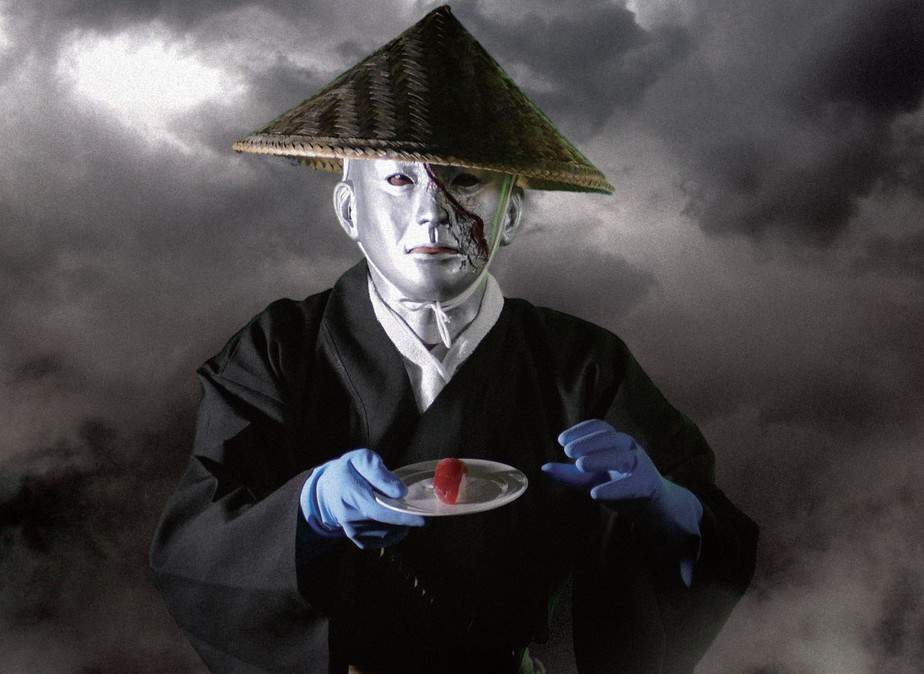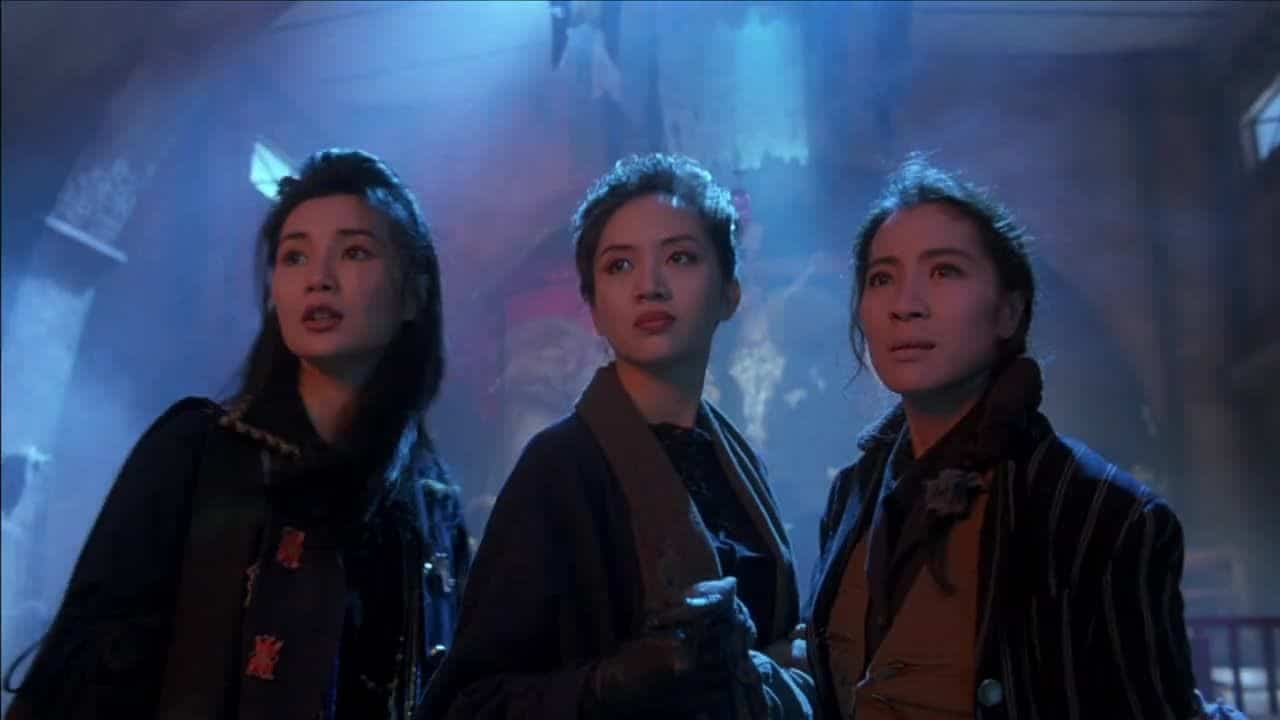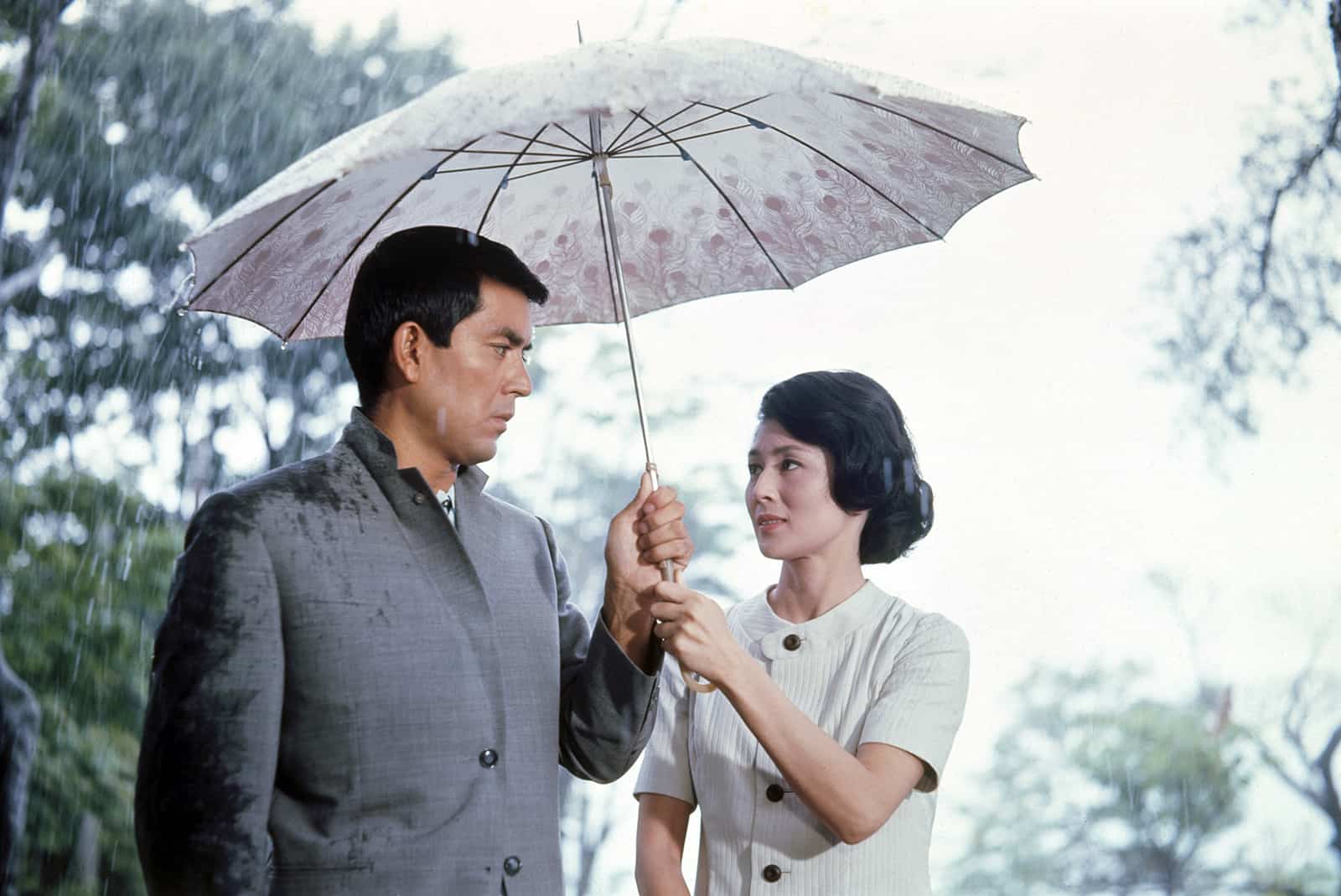Following the rather impactful “Jagat” back in 2015, Sun-J Perumal did not come up with a new film until now, for reasons unknown to the public. It seems, however, that these reasons actually became an inspiration for him in order to come up with “Fire on Water”, a rather polemic film that criticizes the (local) movie industry quite heavily.
Fire on Water is screening at International Film Festival Rotterdam

Karthi is a disgruntled sound guy working on commercial productions, essentially hating his job as his dream was to come up with his own movie, based on his own script. The film presents a flashback to his initial days in the industry, when he was still a dreamer and dating Shuba, a woman who actually stayed with him for some time, until his disappointment and his knack for the bottle drove her away. An embittered Karthi is continuously being pinned down and exploited by Mazhaikannan, a producer and former star who seems to have made his fame and fortune by exploiting others. Just as he hits bottom, however, he finds a kindred spirit and his life starts changing.
Sun-J Perumal directs a movie that seems distinctly personal, with his critique of the Tamil film industry, both in Malaysia and in general, being as harsh as it is realistic, through a story that lasts 20 years. In that fashion, Perumal comments on three aspects of the particular phenomenon: Firstly, the biases that mainstream Malaysian culture holds towards minority artists, particularly regarding the way they are funded. Secondly, the commercial and aesthetic pressure exerted by the Tamil film industry in India, which demands from directors a particular style of filmmaking, focusing on songs, dancing and comedy. Lastly, the overall attitude of Malaysian Tamil producers, who, as personified in the face of Mazhaikannan, are presented as exploitative cheats, who survive by stumping on the people below them. The scene with the pitching in particular, seems to encompass all three aspects, while adding one about the way women are treated and perceived in the industry.
In such a setting, it does not come as a surprise that the protagonist succumbs to despair, with his look when he is repeatedly, unpleasantly surprised essentially synopsizing the whole movie. That this look comes in different moments, during conversations, during pitching sessions and during shooting, essentially showcases that the aforementioned issues are present in all aspects of the particular industry.
At the same time, though, Perumal does not allow Karthi to fully give in to hopelessness, thus turning the movie into a melodrama, by presenting the two main women in his life, and particularly Peggy, who is the one that essentially changes his life. In that fashion, the love story of two people who have hit rock bottom is also quite interesting, although at times it feels a bit forced into the narrative. In general, one could say that the presentation of the romantic aspect of the movie, which also includes Shuba, the first woman in the story, could have been handled a bit better, as the quality of the movie definitely deteriorates when it moves away from the movie industry. On the other hand, the acting by both Rubini Sambanthan as Peggy and Rupini Krishnan as Shuba are quite convincing, with the two actresses also showcasing their charisma on screen, thus toning down the issues with this aspect.
And talking about acting, Karnan Kanapathy gives an astonishing performance in the protagonist role, managing to communicate a variety of feelings and psychological statuses through an approach that is both laconic and quite eloquent, with his continuous disgruntlement in particular being a treat to watch. Furthermore, his rather meaningful gazes will definitely stay on the mind of any viewer. Lastly, Tinesh Sarathi Krishnan as Mazhaikannan frequently steals the show both through his ways and the way he justifies them.
Gwai Lou's cinematography captures the setting the protagonist inhabits with a bleakness that suits his mentality, while his close ups to Karnan Kanapathy are particularly memorable, as much as the way the many one-on-ones are framed. Akashdeep Singh and Hardial Singh's editing results in a relatively fast pace that works well for the narrative, although the film would benefit from some trimming, particularly in the romantic elements.
Despite some issues, “Fire on Water” emerges as a competent film that manages to both present the Malaysian Tamil industry quite thoroughly and to remain entertaining from beginning to end, particularly due to the excellent “handling” of the protagonist.















